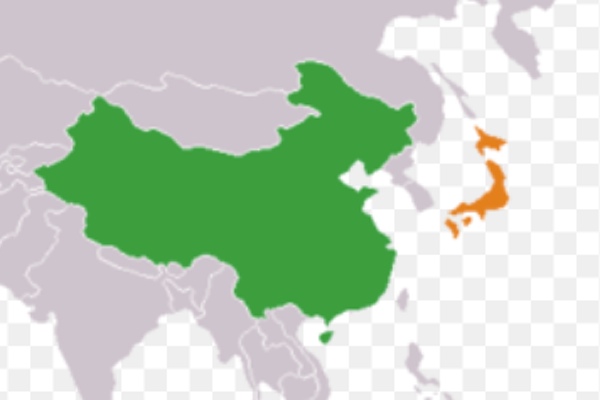Is It 1914 All Over Again, Only this Time in Asia?

One hundred years since ultimatums were given, train timetables updated, station platforms lengthened, blank cheques issued, alliances dusted off and vague understandings honored as commitments, the world today is a safer place. It’s almost impossible to think that the mistakes of the blundering, top-hatted, imperious, pointed moustached, miscommunicating, belligerent statesmen of 1914 could be repeated in an age of instant communication, the twitterati, an occasionally questioning mainstream media or that public opinion could so easily be manipulated to support any major conflict.
Of course, couldn’t happen today. We are all too well aware of the dangers. Besides, there are international bodies, the UN for instance, that would diffuse any crisis. That’s what they needed in 1914, you see, an international arena where they could air their grievances and the tangled web of alliances would be unraveled in a civilized manner. There are no longer any pompous archdukes with real political power being driven into back lanes with unsure drivers and moustaches for statesmen are no longer in vogue.
But there is an arms build-up in East Asia, there are tensions, militarism is rearing its ugly head, xenophobic utterances have been made.
East Asia is not the Balkans and territorial disputes can be resolved. But one shot here could still be heard around the world. Possible scenario 1: A naval clash or fighter jocks playing a game of chicken in the air above some rocky outcrops could lead to a “situation”. This would be followed by an initially muted response from Washington, followed by Tokyo demanding a firmer response from the US saying its land is being seized, followed by Beijing saying it is its land. Then comes the harsher response from Washington, Japan issues an alert, Russia warns Japan, and by extension the US. Australia wades in saying it is defending freedom and supporting the US and honoring its new vague defense alliance with Japan. Tokyo mobilizes troops in the north, Russia puts its naval fleet on standby. Washington now issues an ultimatum, which Russia flatly rejects. It will not be lectured to in its own backyard, or in this case back pond, especially after Ukraine. The Philippines and Vietnam enter. North Korea sees an opportunity to get involved and mobilizes. Seoul says it will not tolerate this.
But what am I saying? You are right. It couldn’t happen today.
That was just a wild fling of the imagination. No chances of secret alliances, or events running out of control or of statesmen believing that by supporting one country another will back off and do the right thing and stand down their forces.
But then, just supposing, they stepped back from the brink and the rattled sabers were sheathed. Possible scenario 2: A major summit, say, in Geneva, would be called where cool heads would prevail and the territorial disputes resolved in the diplomatic parlance, amicably. A cooling down period would be agreed, say three months, while all military and naval forces would be withdrawn from areas of disputes.
Then a regional body would be set up to monitor progress over the next year or so and East Asia would get back to doing what it does best, trading and boosting economies, reporting impressive GDP growth figures.
Neither of these scenarios should be taken as anything other than imaginary extremes. It is highly probable that nothing whatsoever would occur that in any way resembles either. But of the two, which seems the more likely? The building tension or the cooler head scenario prevailing?
A hundred years ago, Europe entered the July Crisis but even then war on the continent was not seen as inevitable. London was preparing for a war, but it was the predicted Irish civil war, as Unionists and Republicans stockpiled weapons ahead of the expected passing of the doomed Home Rule bill.
No one in Asia is expecting war, but there is whiff of something in the air. A niggling doubt that diplomacy is lounging too comfortably in the back seat while the vehicle is being driven by more strident opinions.
We are wiser today than they were in 1914. We have more knowledge, are not so differential, no politician could rally our emotions, distort our idealism for their butchery as Lloyd George or the Kaiser or the Czar did. We are beyond that, in much safer hands. Politicians are more concerned with economic growth and trade deals.
And yet that niggle persists…